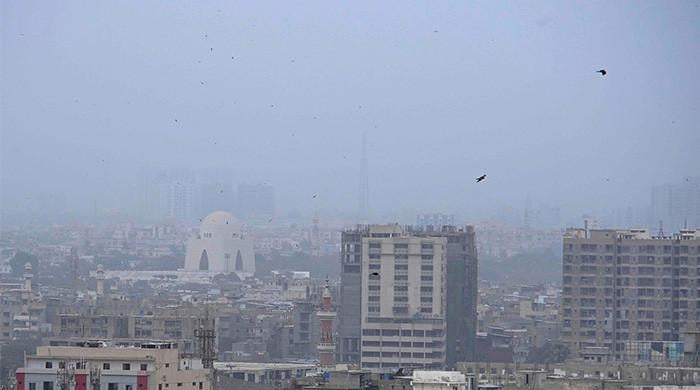Cyclone Biparjoy dumps tonnes of trash on Pakistan beaches
Infinite oysters of Indo-Pacific species, Atrina pectinata, wash up on beaches due to high waves caused by Biparjoy
June 17, 2023
While cyclonic storm Biparjoy didn't severely hit Karachi's coastline as expected, it has left immense garbage on its beaches in Karachi, Jiwani and Keti Bandar.
The mudslides caused by the cyclone in the sea threw garbage on the seashore, while the effects of climate change, wind speed and moonlight caused storm waves.
Among the garbage seen at the beaches are large wooden planks, and massive amounts of plastic, leaving them polluted with an unpleasant stench.
However, local administration is being urged by environmental organisations to immediately remove litter from public beaches.
Sea shells blanket Pakistan's shore
Biparjoy may have subsided, but its impacts are now seen on beaches in Karach's shoreline.
Infinite oysters of the Indo-Pacific species, Atrina pectinata, separated from the rocks and washed ashore due to high waves caused by the hurricane. These are also referred to as fan shells and seven of its types are found in Pakistan.
The oysters are traded for their meat and are exported to Southeast Asian countries.
Moazzam Khan, the technical advisor of the World Wildlife Fund in Pakistan, shared the development with Geo News.
They are found along Pakistan's coastline on muddy and sandy beaches and are mostly attached to rocks.
Its shell is also the source of the black pearl — sometimes hidden inside.
The oysters are abundantly found on the beaches in Karachi's Clifton, Ibrahim Hyderi, and the creek system of the Indus Delta, while they also wash up on the beaches in Ormara, Pasni, Gwadar and Jiwani.











